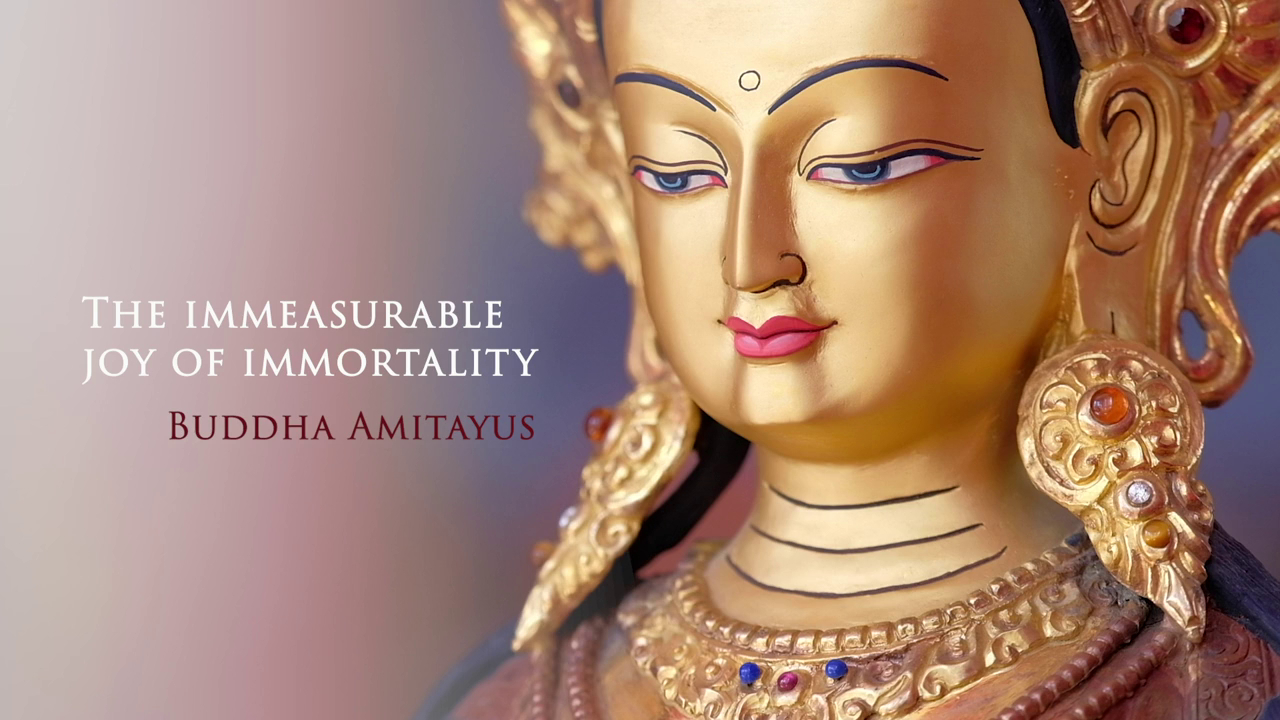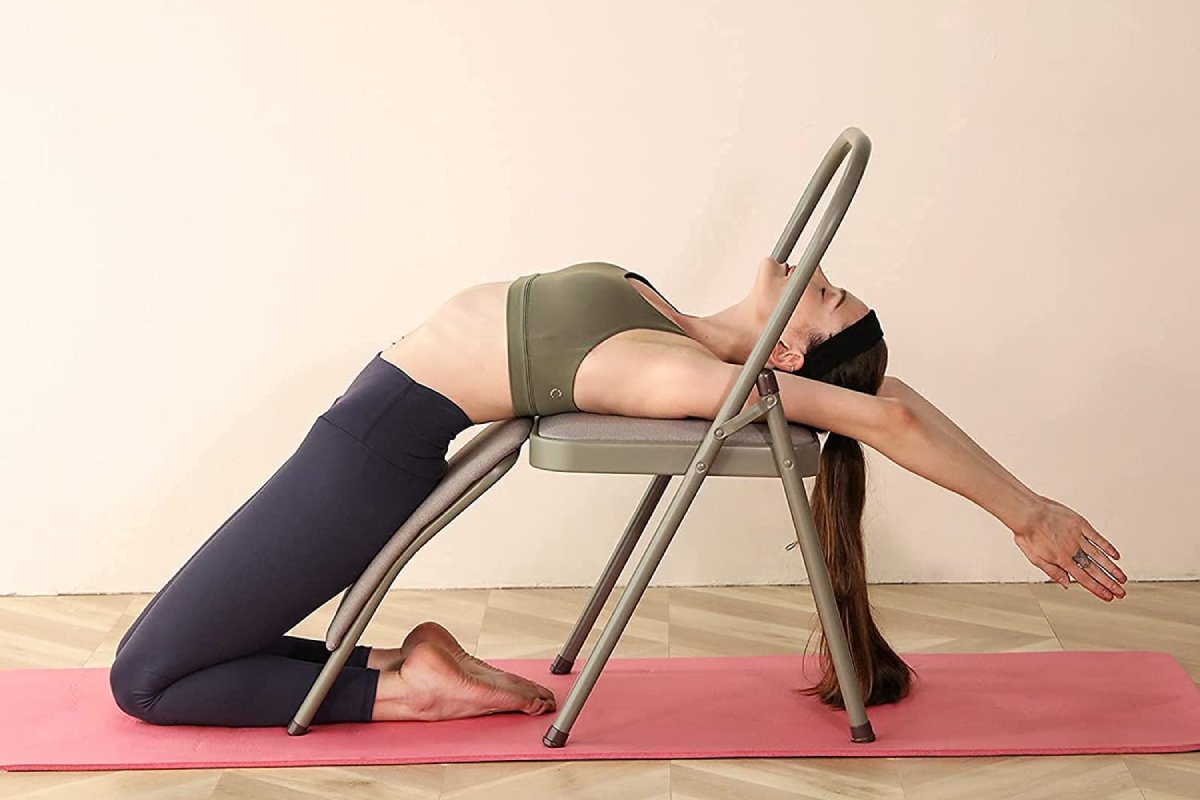Licking Honey from a Razor Blade
How we can learn to work with the worldly winds of pleasure and pain The post Licking Honey from a Razor Blade appeared first on Tricycle: The Buddhist Review.

In the midst of constant change, it can be easy to feel knocked around by forces outside our control. In Buddhist terminology, these forces are often referred to as the eight worldly winds: pleasure and pain, praise and blame, fame and insignificance, and success and failure.
According to meditation teacher Ethan Nichtern, working with these pairs of opposites can help us develop genuine confidence in the face of life’s challenges. In his new book, Confidence: Holding Your Seat Through Life’s Eight Worldly Winds, he explores how we can navigate the vicissitudes of life with trust and resilience.
In a recent episode of Life As It Is, Tricycle’s editor-in-chief, James Shaheen, and meditation teacher Sharon Salzberg sat down with Nichtern to discuss how the worldly winds of pleasure and pain can ground us in felt experience, how we can learn to tap into our own enoughness, and what self-confidence looks like in the absence of a stable self. Read an excerpt from their conversation below on six of the eight worldly winds, and then listen to the full episode.
Sharon Salzberg (SS): You say that the confidence it takes to show up to life is available to every human. What do you mean by that, and what gets in our way?
Ethan Nichtern (EN): What I’ve always loved about the basic principles of mindfulness is that we all have the innate ability to be present and to work with what arises. A lot gets in the way. When we’re existing as practitioners in the world, life can get very forceful, or we could say windy, with what’s sometimes called the eight worldly winds—things like seeking praise, fearing criticism, wanting to succeed, and fearing failure.
Whenever we’re in this arena of hope and fear, there’s the potential for us to get knocked around by it. I think what often gets in the way is that we haven’t deepened our own trust that whatever happens, we’ll be able to deal with it—that failure happens and success happens. I don’t think the problem is that we get knocked around. I think the problem is that we get knocked around, and then we get taken by surprise that we got knocked around again. We should never be taken by surprise that when somebody praises us, it’s going to feel good, or that when somebody criticizes us, it’s going to feel bad. And it’s going to happen again. What it means to be alive in a human form is to want, to hope for, and to fear. If we can work with that more, we gain more trust in the whole process.
James Shaheen (JS): You link confidence to the eight worldly winds, and the first pair of worldly winds is pleasure and pain, which you say can ground us in felt experience, connecting us to every being who has come before us. So how can we learn from our experience of pleasure and pain?
EN: When you look at the Buddhist definition of a sentient being, it’s that which has the ability to feel. When we really feel our sensory experience, we’re tapping into what it means to be a sentient being. That’s a different expression than “How do I feel less pain and more pleasure?,” which I think is so woven into our cultural inheritance. When we can tune into our experience without chasing it, it actually ties us into our humanity and our sentiency.
What it means to be alive in a human form is to want, to hope for, and to fear. If we can work with that more, we gain more trust in the whole process.
We have such a tendency to chase pleasure and run from pain. [In working with the eight worldly winds,] we’re trying to learn how to hold our seat with that full array of experiences because we’re going to have to experience both. And when we meditate more, we actually experience the full array more. It’s not necessarily that we feel more pleasure, but I would say when pleasure is present, we experience it more completely. When pain is present, we experience it more completely. This ties us into the experience of every sentient being with a nervous system. There’s a kind of universal compassion that arises from realizing that every sentient being experiences this array of experience.
SS: In describing pleasure and pain, you quote the 8th-century Buddhist teacher Shantideva, who likened the mindless pursuit of pleasure to licking honey from a razor blade. Can you say more about that image?
EN: I like that metaphor because it sounds a little like 8th-century punk rock. The idea is that the razor blade is the truth of impermanence. Shantideva was talking about the impermanence of the experience and our opportunity to wake up to it. That’s the idea: Would I still be so fixated on getting that momentary sweet thing if I knew it actually was conditioned by impermanence and endings?
Shantideva is leading us to realize that we should just work with our discomfort now. We should practice holding our seat, because it’s not like [chasing pleasure] is going to make the problem go away. There are a lot of ways that we try to solve problems by putting them off, and the image of licking honey from a razor blade was Shantideva’s very hardcore way of saying, “Don’t try to solve the problem of your discomfort by just temporarily chasing pleasure. Let’s actually try to see how this works.”
JS: Another pair of winds is success and failure, and I know I can get caught up in envy and comparison, where I compare myself to others and to an idealized version of myself. How can we break free of this urge to compare?
EN: I think that mindfulness and psychology have done a good job working with a lot of emotions like anger and anxiety. But I don’t think we talk enough about envy and jealousy, even though comparison and competition are in some ways the main emotions that run our economic and social worlds.
When we’re longing to achieve any success, it’s very human to compare ourselves to the successes of others. There are some instances where that comparative mind is really useful. But often it can become “I’m not enough”—not just “What is this other person doing well that I would also like to practice or work on?” but “This person is better than me” or “It’s unfair.”
Our comparative mind can create so much anxiety, so one of the classic practices to work with that is mudita, or sympathetic joy. Whenever we’re comparing ourselves to someone else, we can say, “May they enjoy and benefit from their success.”
SS: You say that envy shows us something we long for, and when we touch into our longing, we can also access our own enoughness. Can you say more about this sense of enoughness?
EN: If we can drop our sense of what we don’t have that this other person has, we can ask, “What is it that I actually want?” I use the example of feeling envy for someone I went to college with who is now a very successful writer. I just really admired this person’s work, and I admired what a writer could do when they really showed up and honed their craft. The person I admired was a fiction and poetry writer. I love writing fiction and poetry, and I don’t get as much time to do it as I would like to. So all that my comparative mind was doing there, if I could see the lesson, was telling me that I wanted to write some more poetry.
When we can actually tune in to what it is that we long for, the comparison dissolves and there’s a real sense of being with oneself. I think that is the experience of enoughness: I don’t need to reach a certain place to feel OK. I can actually express my longing, and that can come from a place that is more authentic and settled.
JS: You say that when you fail, it’s like your entire identity is put on the line, and on the other hand, if you take the approach that there’s no permanent identity, then momentary failure never signifies permanent defeat. So what does self-confidence look like in the absence of a stable self?
EN: This is a question I raise in the book: If there’s no self, how can there be self-confidence? There is a functional self. There is a fluid self. There is a being with a consciousness and a heart and a mind and a body that longs for happiness and well-being. But it’s not a permanent self. We constantly have this sense of “I am fixed in time. If I introduce more failure into the system, it will crush my sense of self” rather than thinking, “OK, now I’m going to be in flow, and I’m going to be able to integrate this new experience into being and not solidify.”
If we look at the self as more momentary, that’s actually the key to self-confidence. You have to get used to failure, and you have to integrate that experience and recognize that this is not permanent failure—you can just do it again. You can begin again, as Sharon likes to say.
If we look at the self as more momentary, that’s actually the key to self-confidence.
Is that a different self than the one who failed? Yes, because it’s a future moment, but at the same time, it’s the same continuum of self, or the same continuum of non-self. So I think ironically, you can’t develop self-confidence unless you accept the truth that there is no solid self. For me, a person who’s practicing confidence is someone who’s integrating their experience and not trying to defend themselves constantly against all the little failures and criticisms. You can just say, “This is a new moment. I can try again.”
This excerpt has been edited for length and clarity.

 Lynk
Lynk 































